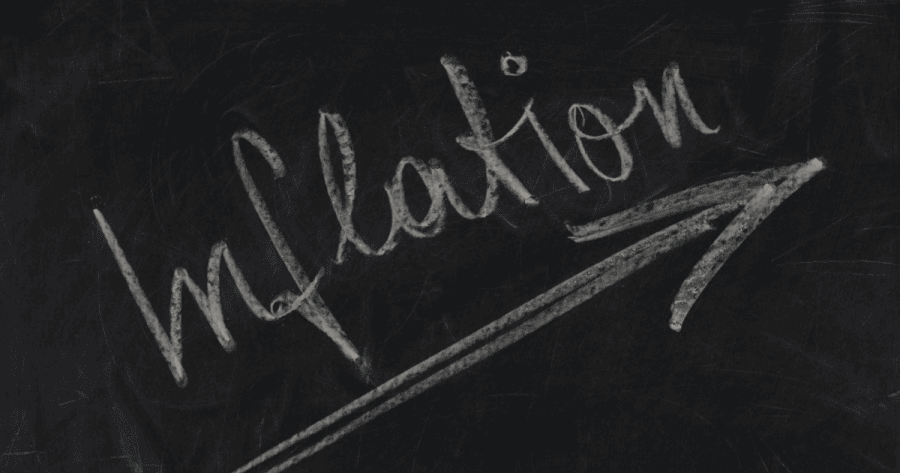PAKISTAN — In November 2021, headline inflation increased by 11.5 percent from 9.2 percent in October 2021, this is the highest number in 19 months, mainly owing to food and fuel prices.
The main reason for the rise in inflation during November was the sharp increase in non-food inflation, which rose 12.2% on an annual basis in November due to fuel prices and rising electricity prices.
Inflation rose sharply over a decade due to rising energy prices both domestically and abroad. Food inflation closed at a monthly high of 4.0 percent due to higher prices for perishable and non-perishable foods, which went up by 15 percent. Furthermore, energy prices experienced a large spike with 8.4% month-on-month increase in petroleum prices and 8.3% month-on-month increase in electricity prices as a result of tariff adjustments made by the government.
As a result, core inflation (which excludes both food and energy) also climbed to a nearly two-year high of 7.6 per cent year-over-year and 1.1 per cent on a monthly basis, indicating inflationary pressures are beginning to impact underlying inflation trends. Strong domestic demand and weak foreign exchange have both pushed core inflation upward.
The State Bank of Pakistan had raised the discount rate by 1.50 per cent in its recent monetary policy to combat rising inflationary trends. However, as this inflation has risen to 11.5 per cent, the State Bank will likely announce another 100 basis points rate hike.
By the end of this financial year, the State Bank is expected to announce another rate hike of 100 bps to reassure markets and ensure macroeconomic stability by preventing the weakening of the Pakistani rupee.










